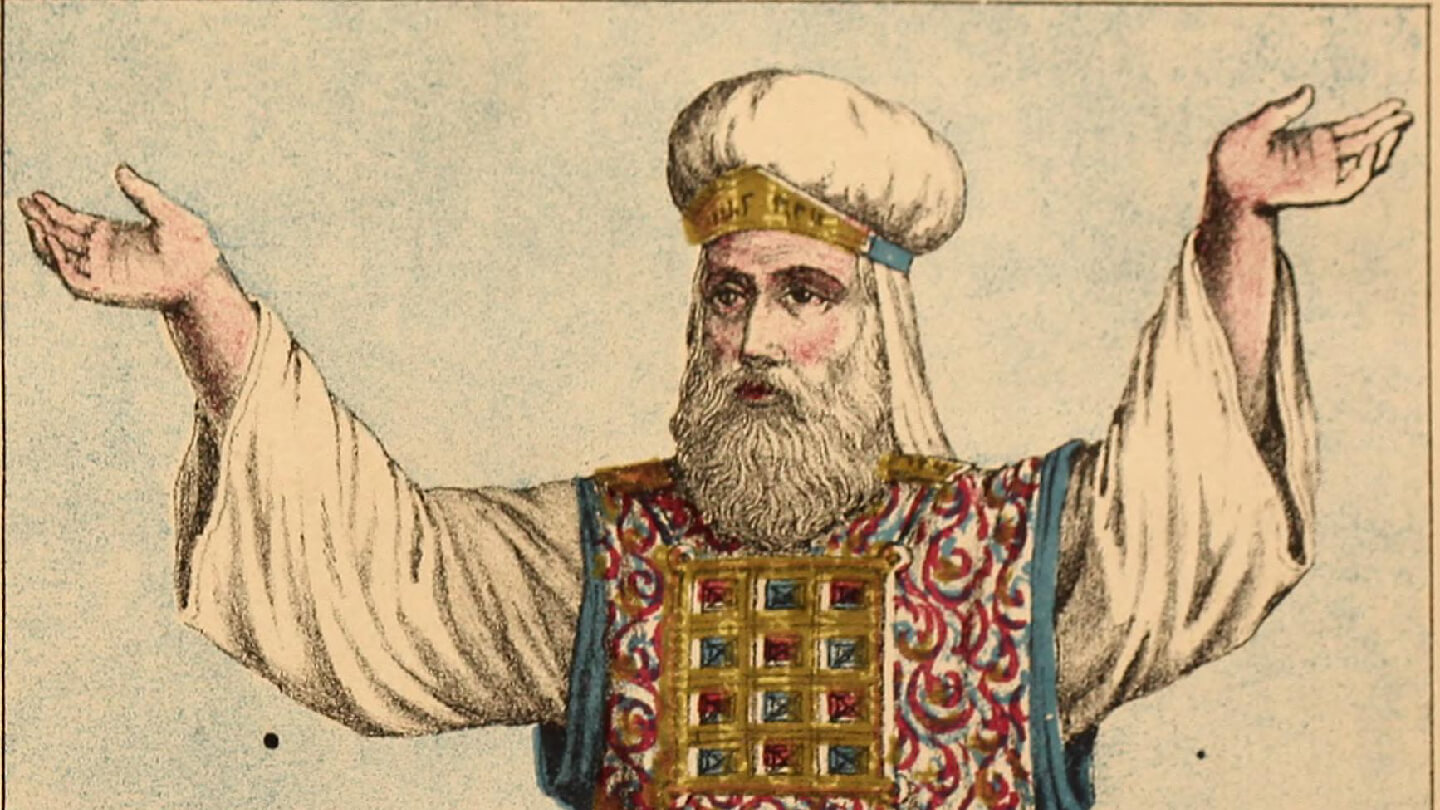Bonjour / Hello [nickname_else_first_name],
Table of contents
1) Perashat Hashavoua - Rabbi Eli Mansour
2) Halakhat Hashavoua (Halakhot related to day to day life) By Hazzan David Azerad -
Importance of learning TOrah in a Shiur/Class Setting
3) Holy Jokes!
4) For KIDS

This Week's Parasha Insight with Rabbi Eli Mansour
Parashat Naso- Generosity Begins at Home
We find in Parashat Naso (5:9-10) a pair of verses which emphasize the importance of giving Terumot and Ma’aserot – the various gifts that one must give to Kohanim and Leviyim from his agricultural produce. In these verses, as Rashi explains, the Torah promises great reward for those who comply with these laws, and warns that those who stingily deny the Kohanim and Leviyim their portions from their fields will be punished, as their fields will produce only a small percentage of what they are capable of producing.
These verses are followed by the law of the Sota – a woman whose husband suspects her of infidelity. The husband would bring the woman to the Bet Ha’mikdash, where the Kohen would give her special water to drink. The water would cause the woman to die if she was guilty of adultery, and if she survived, this meant that she was innocent, and she and her husband could resume their marital relationship. The Gemara (Berachot 63a) teaches that this section appears in the Torah immediately following the discussion of Terumot and Ma’aserot to teach that one who refuses to give the Kohen his due portion will end up having to bring his wife to the Kohen to drink the water. In other words, one of the punishments for refusing to give Terumot and Ma’aserot is that one’s wife becomes a Sota.
What is the connection between failing to give Terumot, and one’s wife’s suspected infidelity? Why is one punished for withholding Terumot and Ma’aserot by having a disloyal wife?
Generosity is a character trait embedded within our beings. It is not a button that can be turned "on" and "off." Therefore, if a person is, by nature, stingy and selfish, this will, invariably, affect his marriage. If a person is too selfish to share his crops with the Kohanim and Leviyim as the Torah demands, then he is likely selfish at home, as well. Somebody who always says he doesn’t have enough for those who rely on his assistance – like the Kohanim and Leviyim – probably always tells his wife, too, that he doesn’t have enough time for her, and does not give her the attention, the help and the affection that she needs.
This is the why the Torah warns that withholding Terumot and Ma’aserot results in a situation of a Sota. If a husband is selfish and does not give of himself for his wife, then she will feel tempted to find affection elsewhere.
This also explains why the section of the Sota is followed by the laws of the Nazir – somebody who decides to take a vow to abstain from wine. The Gemara teaches, "Ha’ro’eh Sota Be’kilkulah Yazir Asmo Min Ha’yayin" – "One who sees a Sota in her disgrace shall separate himself from wine." The proper response to the situation of Sota is limiting one’s indulgence, working to overcome one’s selfish tendencies. By abstaining from that which is rightfully his, one gradually develops the traits of kindness and generosity.
The section of Nazir is then followed by the command of Birkat Kohanim – because once a person overcomes his selfish instincts, he becomes worthy of Hashem’s blessings.
The Misva of "Ve’halachta Bi’drachav" ("You shall follow His ways"), as discussed by the Rambam and others, requires us to try to emulate Hashem’s qualities. Although we are human, and will always be human, we are expected to strive to act G-dly, to whatever extent we can. One of the most important aspects of this obligation is the requirement to be selfless and giving. Hashem sustains the entire world and all its inhabitants, receiving nothing in return. As G-d is perfect, there is nothing He could possibly receive in exchange for all that He gives. This is how we are supposed to be – always giving, without expecting anything in return. And this is why marriage is a central part of living a Torah life. Having a spouse and children puts a person in a position to dispense kindness all day, every day. When a person has a family to care for, virtually everything he or she does is an act of giving, because the person’s life revolves around caring for his or her spouse and children.
This must be our outlook on marriage and family life – as an opportunity for constant Hesed, for ongoing kindness, to break our selfish instincts and become truly giving, generous people, and thereby resembling our Creator.

Halachot this week are selected and Translated by Hazzan David Azerad
What does one gain by studying Torah in a Shiur/classe setting?
It is most appropriate for an individual to participate in Torah classes, and not to learn by himself, because one who learns by himself is not the same as one who learns from a Chacham or in a shiur. Apart from that, the one who studies Torah in a class with many, his virtue is many times greater than the one who studies Torah alone, and he has a much greater divine help.
There is another advantage for the participant in participating in a Shiur Torah with others, not only he has a Zechut / Merit for himself but he has also all the Zechuyot of all other participants, because when they see that so-and-so comes and so-and-so comes, they say there must be something to hear here, and by this more people participate, and as a result multiply Torah in Am Yisrael.This way everyone benefits by studying in a group setting.
Is it important to study Torah from a book?
Although we explained above that it is best to participate in Torah classes, it is very important that every person decides to learn from a book, and slowly try to understand on his own.It is good for a person to take a book in halacha and try to finish it from beginning to end and slowly tackle other books like Mishnah and Gemara.
Apart from what a person engages in Torah in the Beit Midrash, he should also try to study at home, thereby sanctifying his home, and setting a personal example for his children.
Shabbat Shalom Umevorach
David Azerad
3) HOLY JoKeS!!
Selection of funny snippets, loosely related to this weeks parashah or current events, to brighten your day


4) FOR KIDS
Click on the image to open the youtube video













